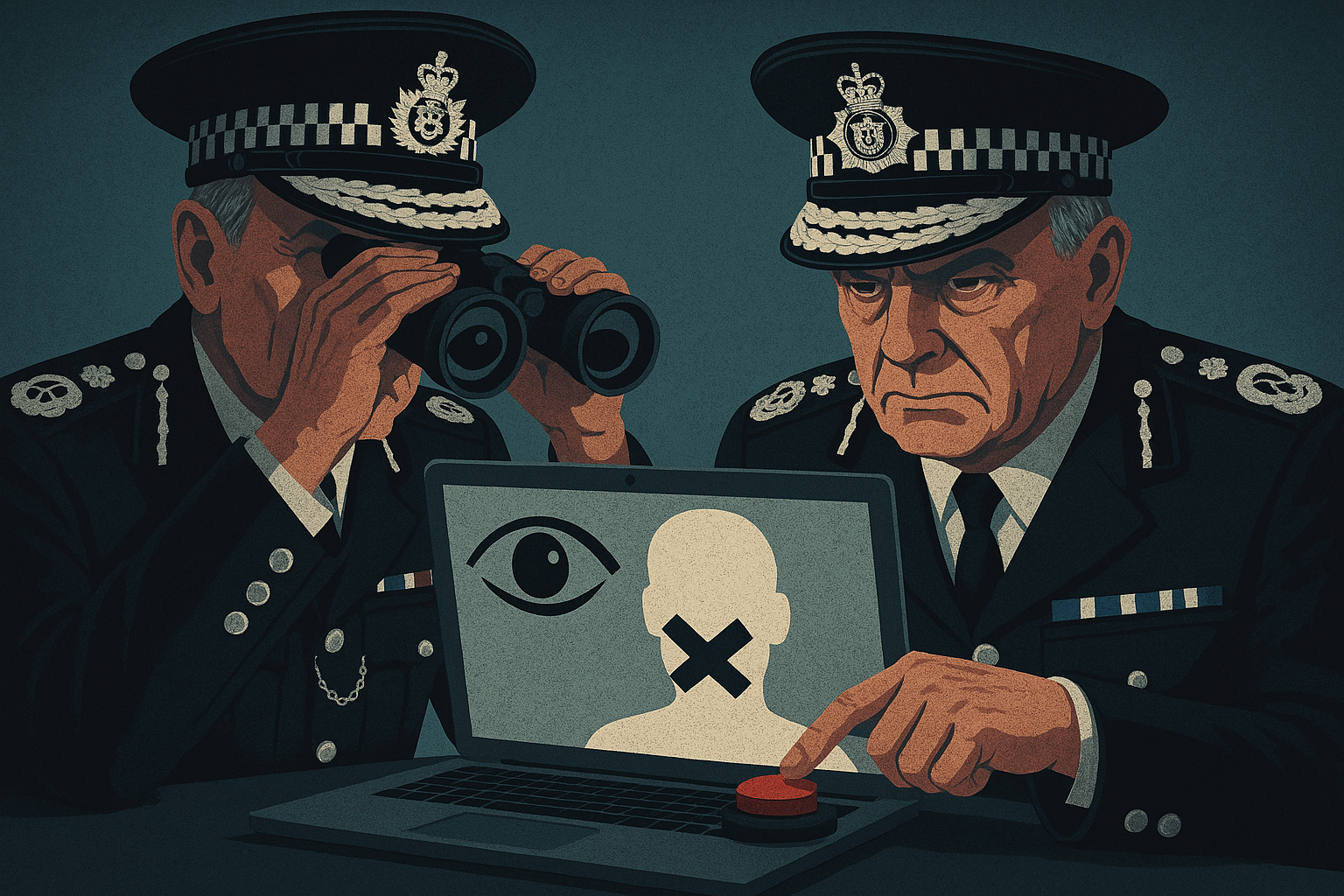From Safety to Censorship - The Online Safety Act 2023
The Online Safety Act 2023 was framed as a necessary measure to protect the public, especially children, from harmful content online. However, the law’s vague provisions and expansive enforcement powers have raised major concerns among civil liberties groups.
The Act gives Ofcom wide authority to enforce compliance, with platforms facing penalties up to 10% of global revenue. To avoid these fines, tech companies are likely to over-remove content, including lawful but controversial speech. Critics argue this establishes a precedent for private censorship under state pressure.
Earlier drafts included a provision for “legal but harmful” content—lawful material that could be psychologically harmful. Following widespread backlash from groups like Open Rights Group, that clause was removed. Still, the final Act compels platforms to restrict content “harmful to children” without precise definitions, potentially encompassing a wide swath of political or dissenting content.
Vague Definition of “Harm” Masks a Censorship Agenda
The real issue lies in the concept of “harm.” When authorities can label content as harmful based on broad or shifting definitions, censorship becomes not only possible—but inevitable.
A perfect example is the UK government’s Counter Disinformation Unit (CDU), which flagged social media posts critical of COVID policies and the war in Ukraine. As The Grayzone reported, posts questioning the official narrative on events like Bucha were flagged as disinformation—despite being legitimate journalistic inquiries.
In one case, UK officials pressured tech platforms to demonetize Russell Brand based on allegations alone—absent charges or a trial. Rumble, the only platform to push back, publicly denounced the request as “deeply inappropriate and dangerous.”
“When ‘harm’ means whatever authorities want it to mean, censorship becomes effortless.”
Journalism and Activism in the Crosshairs
These policies have serious implications for journalism and political dissent. In 2023, journalist Kit Klarenberg was detained and interrogated at Luton Airport under the UK's border powers law. He was questioned about his work with The Grayzone—highlighting how state powers can be used to harass critical journalists.
Even more troubling, the National Security Act 2023 expands the definition of “foreign interference,” enabling prosecution of journalists who publish government secrets, even if in the public interest. Lawmakers explicitly stated that the Act was designed to facilitate prosecution of people like Julian Assange.
As Declassified UK warned, this could mean any journalist exposing UK foreign policy misdeeds—such as arms sales to repressive regimes or intelligence failures—could face criminal charges.
Independent Media Under Pressure
The impact on independent media is chilling. In 2020, Declassified UK was blacklisted by the Ministry of Defence after publishing critical stories about UK military operations. Now, with new legal powers and an aggressive narrative-control strategy, outlets like Declassified, The Grayzone, and openDemocracy are under growing scrutiny.
A Democratic Crisis for the Digital Age
These developments aren't just a threat to free speech—they are a threat to democracy itself. Freedom of expression includes the right to challenge power, question narratives, and share uncomfortable truths. When governments, through vague laws and corporate partnerships, dictate what can be said, democratic society suffers.
Censorship doesn't always come with a ban. It often arrives via algorithmic suppression, demonetization, or self-censorship triggered by fear of reprisal. When platforms preemptively remove dissenting content to avoid regulatory wrath, entire political discourses can be erased from public view without debate.

Tools and Resistance
The good news is that citizens, journalists, and technologists are not without tools. Encryption is still legal—Signal and Element offer end-to-end encrypted messaging (though the UK government continues to push for backdoor access).
Organisations like Open Rights Group and Article 19 have launched campaigns against the Online Safety Act, calling for reforms and raising awareness. Over 80 civil society groups signed a joint letter in 2023 warning the UK not to set a precedent for global censorship.
The Fight for Free Expression
As new digital laws come into force, the real battle is over who controls the public square. Will it be citizens and creators—or regulators and algorithms acting on government orders?
If you're reading this, you're part of that struggle. Speak out, use tools that protect your rights, and stay informed. Visit The Fifth Column to explore practical resources, privacy solutions, and ongoing coverage of digital rights in the UK.
Democracy requires dissent. Free expression is not a luxury—it is a foundation. Defend it before it's redefined out of existence.